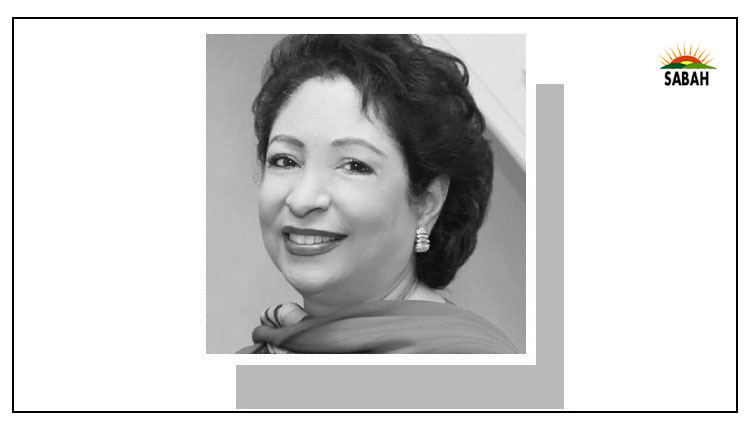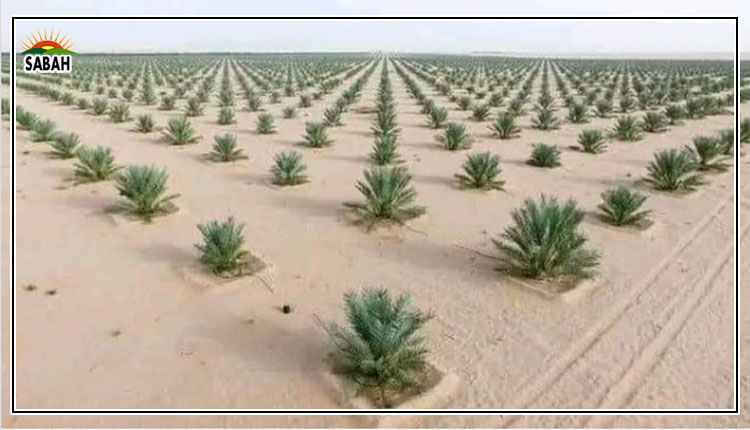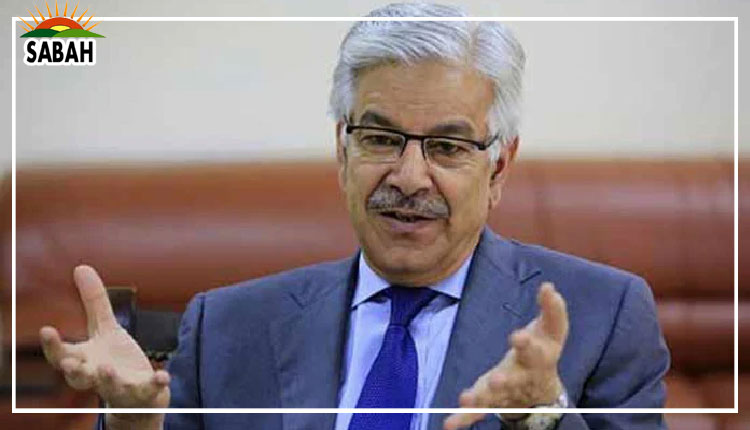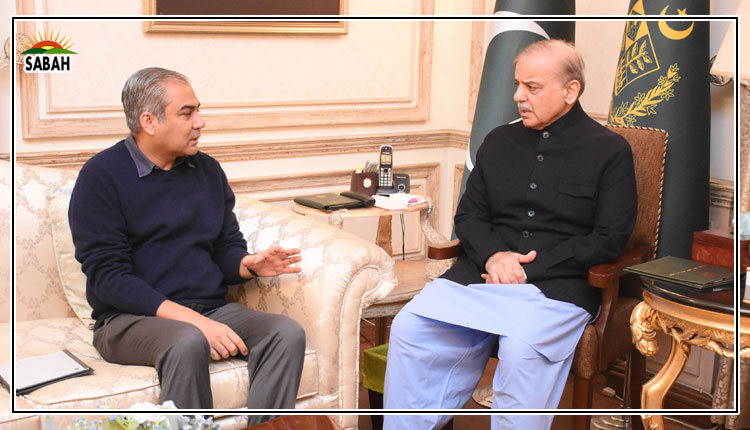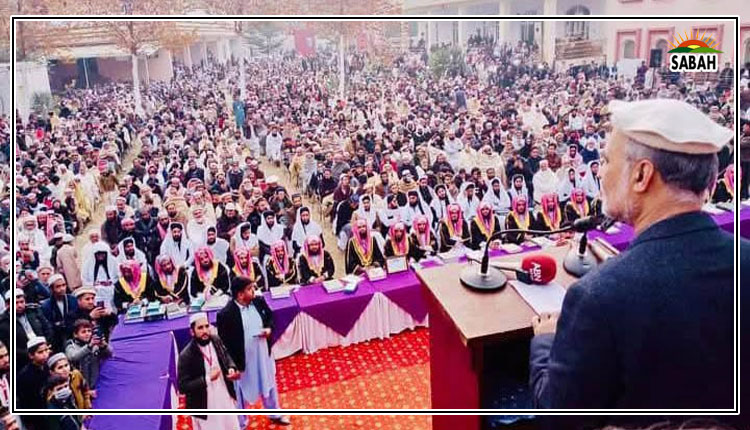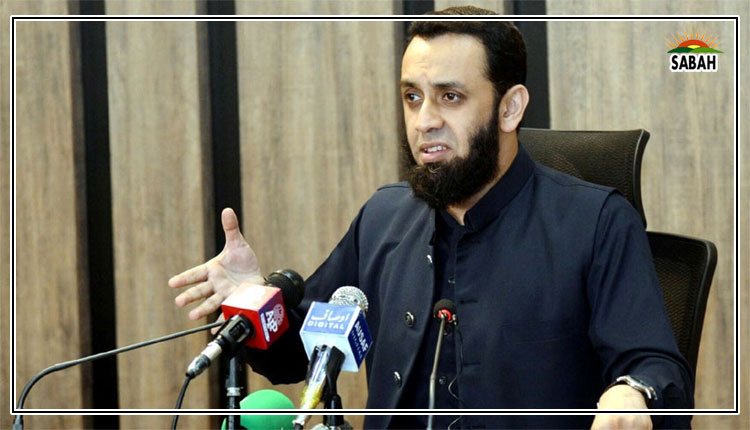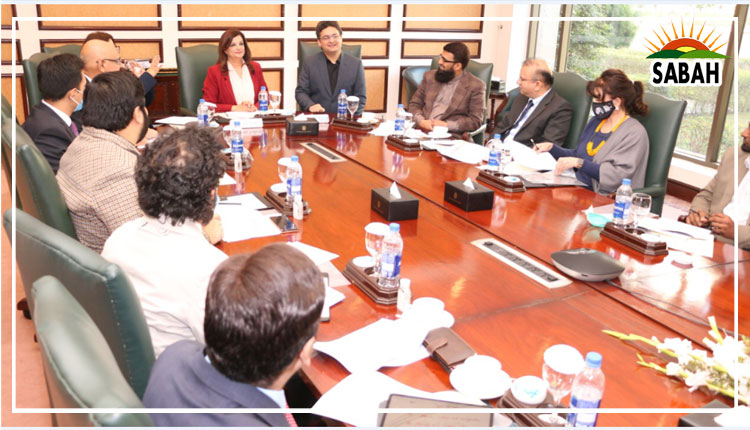SDPI launches Network for Clean Energy Transition: Research and Advocacy
ISLAMABAD, Dec 30 (SABAH): Sustainable Development Policy Institute (SDPI), Islamabad has launched a “Network for Clean Energy Transition: Research and Advocacy” which its first-of-its-kind initiative in Pakistan to address the critical dimensions of the energy transition for achieving SDG-7.
Founding members of the network participated in the launch to address the risks posed by climate change & delivering a smooth transition to a low- carbon economy & clean energy transition in Pakistan.
Malik Amin Aslam, Special Assistant to Prime Minister on Climate Change, Ministry of Climate Change showed his support to the network and cause of energy transition. He mentioned that energy transition has been a major component of Pakistan’s recent Energy Planning and has been given significant importance in revised Nationally Determined Contributions and country’s interventions at Conference to Parties (COP26).
Faisal Javed, Member, Senate of Pakistan highlighted that under the current government, Pakistan became the first country in the World to meet the International “Bonn Challenge” by restoring over 350,000 hectares of land. Mr. Faisal applauded the efforts of government of Pakistan in tree plantation drive where it has targeted to plan another 10 billion trees. He further highlighted the importance of “Network for Clean Energy Transition: Research and Advocacy” to make a socio-economic case for energy transition in Pakistan. Ms. Syma Nadeem, Member, National Assembly, and Parliamentary Secretary for Interprovincial Coordination, Ministry of Interprovincial Coordination highlighted the need of indigenization of renewable energy technologies and manufacturing units of Solar power plants. She further mentioned that Higher Education Commission to play its role by engaging Academia to come up with Technological innovations.
Dr. Abid Qaiyum Suleri, Executive Director, SDPI welcomed all the members of the network and highlighted the recent initiatives of Pakistan to overcome the challenges in energy sector and those resulting from climate change. Dr. Hina Aslam, Research Fellow, SDPI highlighted that energy and climate change are the core challenges for Pakistan and if not addressed and managed properly could jeopardize the sustainable development.
Shah Jahan Mirza, Managing Director, Private Power and Infrastructure Board (PPIB) and Chief Executive Officer, Alternate Energy Development Board (AEDB) discussed that the Government of Pakistan has shown a strong commitment towards increasing the share of renewable energy through ARE Policy 2019 which targets to increase the RE share in power generation to 20% by 2025 and 30% by 2030 on least cost basis. As per Indicative Generation Capacity Expansion Plan of Pakistan (IGCEP 2021), the total share of clean and green energy by 2030 will be over 60%. Dr. Hassan Daud Butt, Chief Executive Officer, Khyber Pakhtunkhwa Board of Investment and Trade (KP-BOIT) highlighted the importance of an effective stakeholder engagement process where all Private, Public, Academia, CSOs, and think tanks like SDPI should engage to make a way out for clean energy transition.
He further mentioned that for development of Special Economic Zones (SEZs) under China Pakistan Economic Corridor, the provision of energy sources needs to be a priority. Mustafa Hyder Sayed, Executive Director, Pakistan-China Institute (PCI) mentioned that along with capacity expansion, Pakistan needs to put a focus on power evacuation capacity as well.
Waqas ul Hassan, Chief Executive Officer, Karandaaz mentioned to overcome the energy challenges in Pakistan, we need to invest in energy efficiency, distribution systems, waste management, and mobilize the green investment deals.
Fauz ul Azeem, DGM, Interloop Pvt. Ltd. highlighted that solar has long-term challenges for Industrial sector as its waste management after its cycle is very hard to handle. On GHG reduction, Fauz further mentioned that there is a need to have datasets publicly available on emissions from demand sectors. Dr. Fatima Khushnud, Head of Policy, Research & New Business, Engro Energy Ltd highlighted the recent initiatives of Engro Energy Ltd. in promoting clean energy. She further mentioned that Pakistan is making a transition from single buyer-model to a multi-buyer model. Saad Latif, Director Net Zero, Pakistan Environment Trust mentioned that Green Financing initiatives for Small and Medium Enterprises are missing from banking sector initiatives.
Dr. Nadeem Ahmed Sheikh, Dean, Faculty of Engineering, International Islamic University of Islamabad mentioned that a larger portion of Industrial sector particularly the ceramic Industry is running their furnaces on gas with no alternatives. Local solutions within Pakistan must be developed for making an economic case of energy transition. Ms. Aisha Khan, Chief Executive, CSCCC mentioned that we need to very critically analyze what energy systems should be provided based on the spread of population in relevant areas.
Ahsan Javed, Research Fellow, SAARC Energy Centre, Dr. Muhammad Farooq, Associate Professor-UET Lahore, Tanveer Mirza, United Energy Pakistan-Wind Division, Hammad Bashir, Project Expert-UNIDO, Hussain Talib, Head of External Affairs-Unilever, Harris Chohan-Karandaaz, Dr. Najeeb Ullah, Assistant Professor, UET Peshawar, Khurram Lalani, Principal-Resources Future, Dr. Fahad Saeed-Climate Analytics, and Dr. Mohsin Gul, Technical Advisor, Asian Development Bank also attended the meeting.



